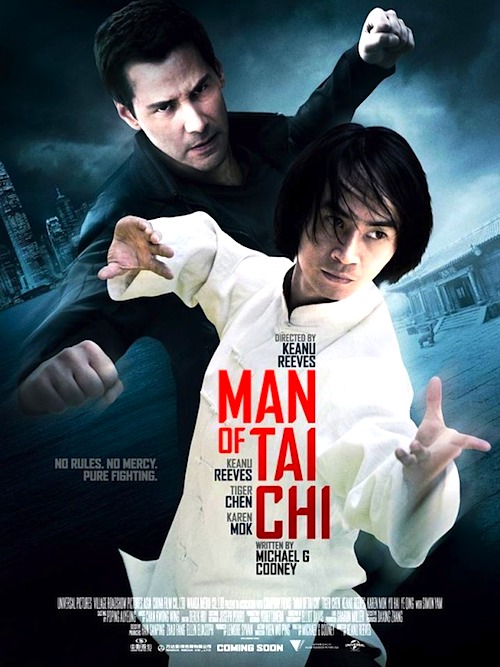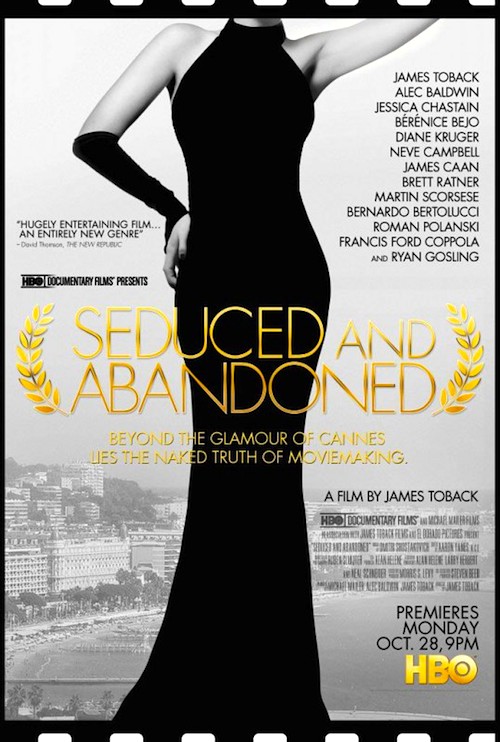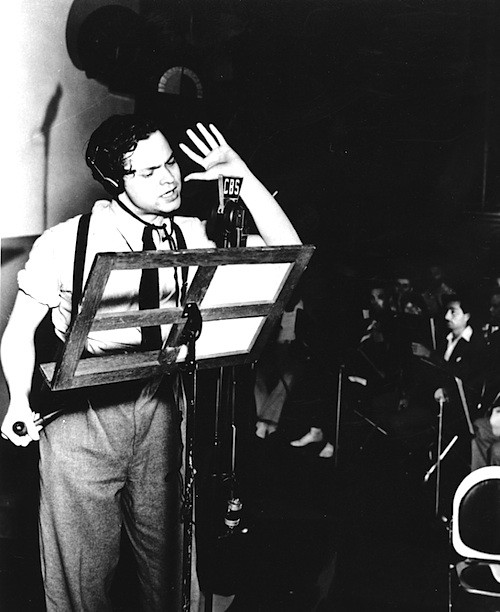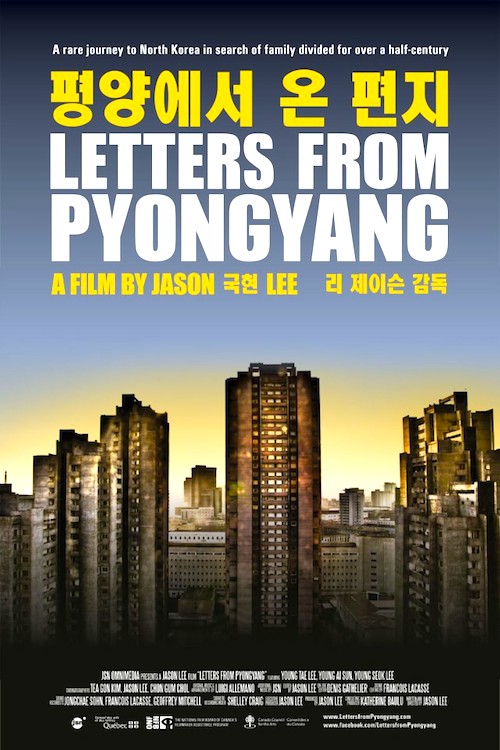By Joe Bendel. It was Tiger Chen who really knew kung fu. He was the stuntman responsible for Keanu Reeves’ martial arts training during the production of the Matrix trilogy and he made quite an impression. For his directorial debut, Reeves introduces Chen to the world with his old school beatdown, Man of Tai Chi, which opens this Friday in New York.
“Tiger” Chen Lin-hu is the last student of Master Yang, a great Ling Kong Tai Chi teacher. In contemporary Beijing, Tai Chi is mostly associated with old men doing their “soft” qigong in the park. However, Chen is starting to get noticed in the above board MMA world for his traditional “hard” practice of the ancient discipline. He also catches the eye of the shadowy Donaka Mark. When shady developers conveniently threaten to condemn his master’s temple, the lowly deliveryman becomes easy prey for Mark’s overtures.
Initially, Chen truly does not understand what he is getting involved in. However, as he notches victories in Mark’s underground fight circuit, Chen starts to enjoy the money and adrenaline. Unfortunately, the matches make him more aggressive, jeopardizing his relationships with his master and Qingsha, the cute-as-a-button paralegal helping him save the temple. Nonetheless, he cannot help noticing the stakes escalate with each bout.
 Hong Kong police captain Sun Jing-si knows where it all leads: fights to the death broadcast over secure online connections for Mark’s exclusive clientele. Always a step behind the malevolent mastermind, she needs an informant to take the place of the one Mark just killed – someone like Chen, if she can find him.
Hong Kong police captain Sun Jing-si knows where it all leads: fights to the death broadcast over secure online connections for Mark’s exclusive clientele. Always a step behind the malevolent mastermind, she needs an informant to take the place of the one Mark just killed – someone like Chen, if she can find him.
With Tai Chi, Reeves had the good sense to make a film he would enjoy for his maiden directorial outing. Frankly, he shows serious action helmer chops, staging fight sequences that are crystal clear and easy to follow. There are no barrages of close-ups here. Reeves gives us the full Fred Astaire body shots, precisely so we can appreciate the technique of his main man, Chen.
The results are convincing. While Tai Chi is not the most original narrative under the sun, it deliberately harkens back to the gritty low budgets classics that launched the careers of legends. Chen maybe is not the most expressive actor you will ever see (after all, Reeves is his thesp-mentor), but his earnest gee-whiz persona works well in the context of the film. Oddly enough, Reeves is a bit of a surprise here, making a dynamite villain with his piercing stare and apparently insatiable appetite for the scenery around him.
Karen Mok is also seriously hardnosed as Sun, bringing real supporting heft to the film. Simon Yam adds further HK action cred as Superintendent Wong, her suspiciously unhelpful superior. Qing Ye is not exactly a natural on-screen either, but she still represents Chen’s lost innocence rather effectively. Yet for genre fans, nobody tops Shaolin veteran Yu Hai, doing his thing with stately gravitas as Master Yang. Bizarrely though, The Raid’s Iko Uwais is completely wasted in a mere tease of a cameo.
Reeves might not be Clint Eastwood’s successor as the next great actor-director, but Tai Chi is a pretty slick calling card. If need be, he should easily find a second career as a straight-to-DVD action director, which is considerably higher praise than it sounds (those cats actually have to be good). Likewise, Chen might not be the next Daniel Day-Lewis, but watching him kicking butt is hugely entertaining. Way better than you think, Man of Tai Chi is recommended for martial arts fans and Karen Mok admirers when it opens this Friday (11/1) in New York.
LFM GRADE: B
Posted on October 28th, 2013 at 9:58pm.




